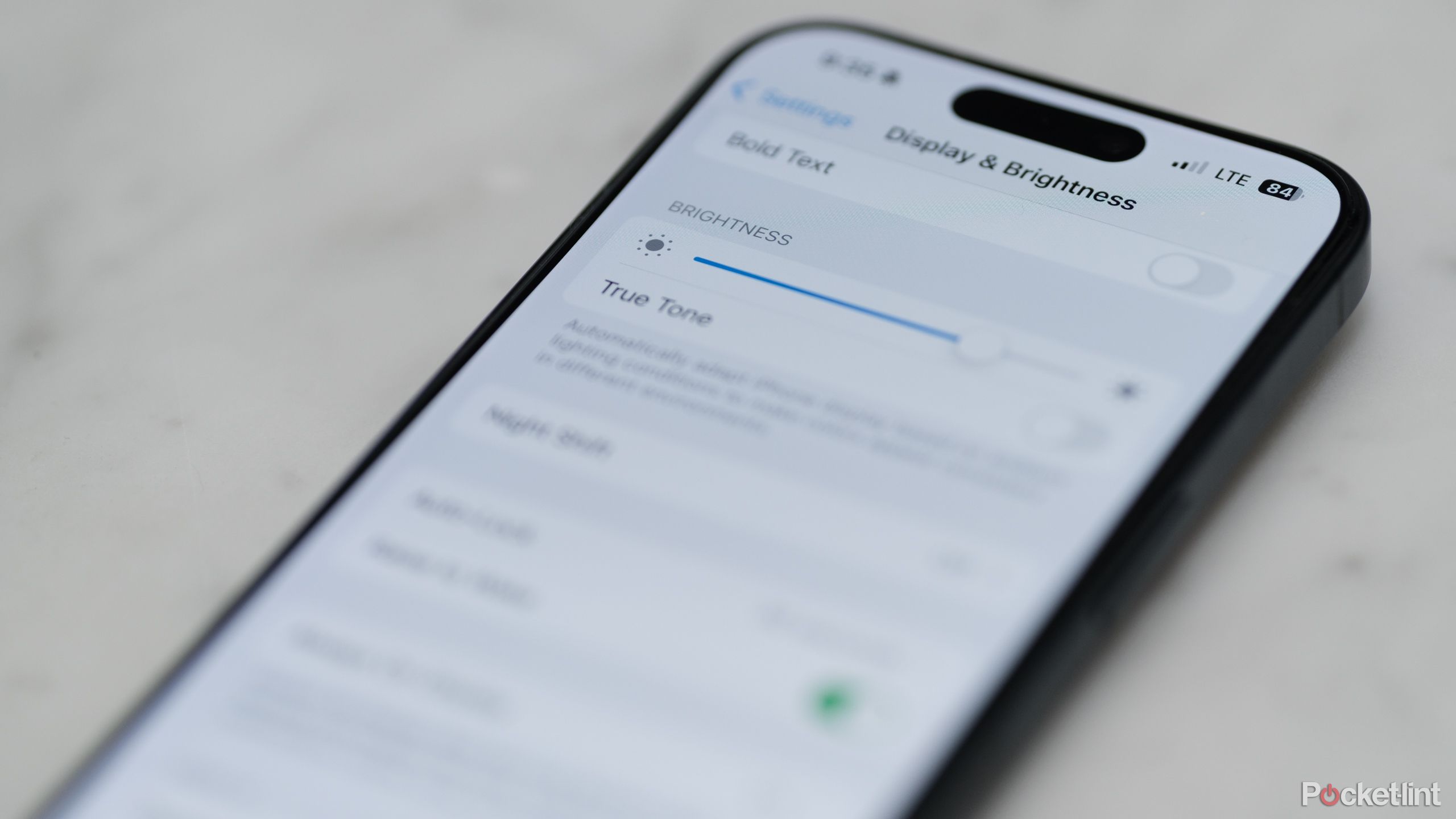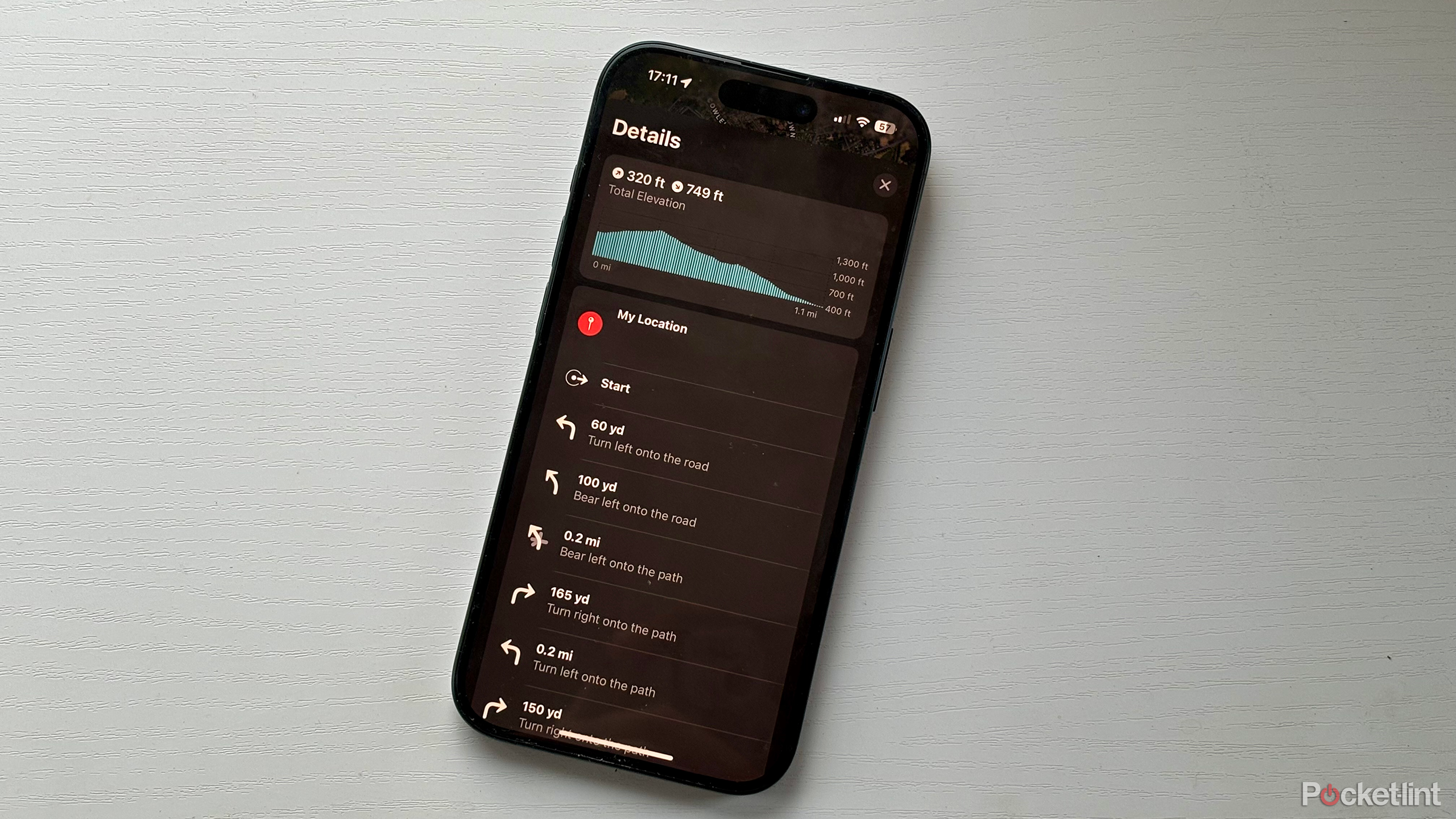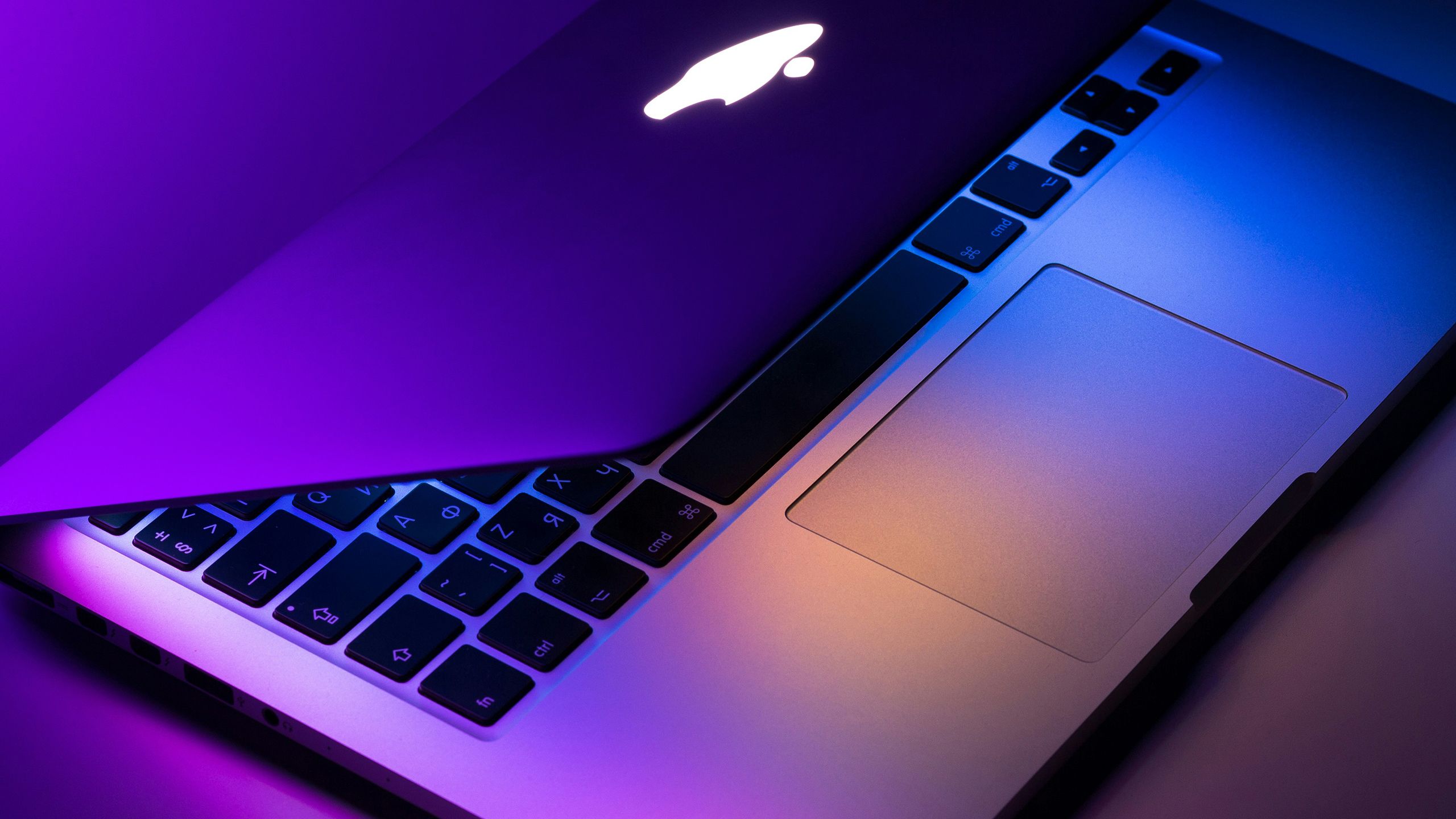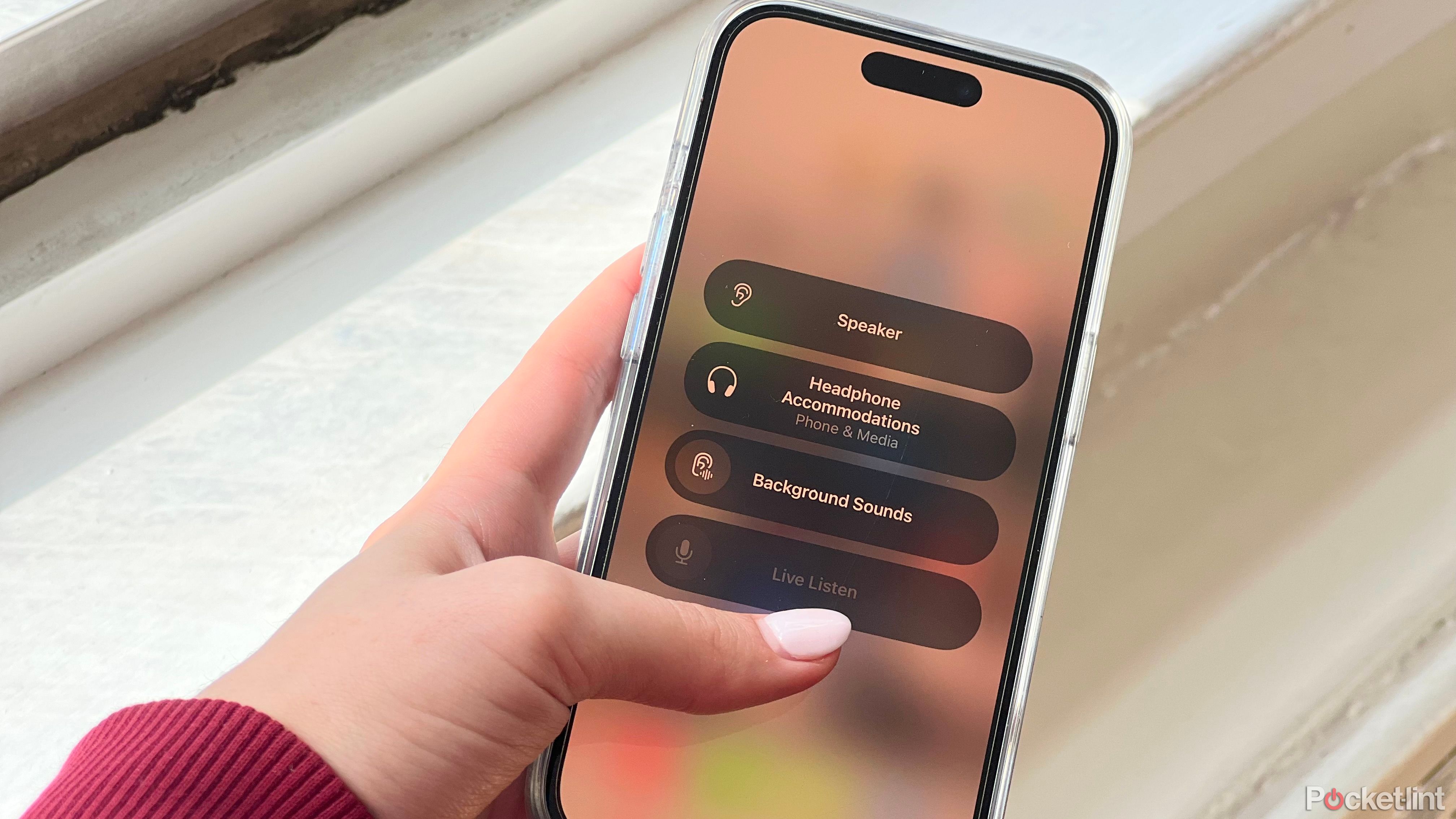Key Takeaways
- Multitouch feature on iPhone is superior to Android, making it hard to switch.
- iPhone’s keyboard text replacement is efficient for typing out email addresses.
- Apple Maps on iPhone offers a better interface and features than Google Maps.
As of 2024, it seems that more than 60% of Americans use an iPhone. As a part of that 60%, it’s not hard to see some of the reasons that iPhone users are loyal to Apple’s phone. In a smartphone market dominated by two major OS options, iOS and Android, some features absolutely make or break the experience one way or another.
For the iPhone, there are some features that just can’t be touched with equivalent Android offerings. These features either simply do not exist, or don’t exist to the extent they do on iPhone, on Android. And for me, these are the features that make it so hard to even consider abandoning my iPhone in favor of an Android.
6:26
My top 13 Google Pixel must-try features
From Call Screen to Video Boost, there are several features that set the Google Pixel apart from the competition.
1 Keyboard text replacement is a time saver
Seriously, set this up right now
Everybody wants your email address. Signing into something? Email address. Signing up for something? Email address? Trying to read an article? You’ll need to insert your email address. Depending on your email address, manually typing it out can be an absolute slog on a touchscreen’s keyboard. But with the iPhone’s text replacement, typing out a full email address is no longer a worry.
Simply setting up “@@” or “@@@” to represent different email addresses has saved me so much time while filling out forms or signing in to various apps. And the best part of this feature is its reach beyond this simple use. Anything you want to type out or filter out of your vernacular quickly, this feature makes it easy and seamless to do so.
To setup your own text replacement on an iPhone (that syncs to all of your Apple devices, by the way), open the Settings app and go to General > Keyboards > Text Replacement.
2 Apple Maps’ superb interface and features
I’m never getting lost again
In the great debate of Google Maps vs. Apple Maps, I think it’s high time we admit to ourselves that Apple Maps may just be better. While both apps get the job done as far as getting you from point A to point B, it’s the little things that make Apple Maps the far better service.
Apple Maps’ fantastic UI fits perfectly with the rest of the iPhone, and its feature set outside of just navigation makes it easily preferable to Google Maps. The key to Apple Maps’ superiority is in the business features the app provides. Small touches such as integrated Yelp reviews, being able to iMessage select businesses, and calls automatically logging with the name of the business being called, solidify Apple Maps as the better navigation app. The thought of being forced back to Google Maps or Waze full-time is simply unappealing.
3 The Shortcuts app
It’s that good
The Shortcuts app is one of the most powerful apps available on the iPhone. No matter how simple or complicated an idea you have in mind, it can almost definitely be done with the Shortcuts app. Whether it’s location-based actions you want your phone to take, or shortcuts on your home screen to a series of actions, the Shortcuts app makes it all possible.
Better yet, the app became even more powerful with the release of the iPhone 15 Pro and the action button that came with it. In place of the typical iPhone mute switch, the 15 Pro models came with an action button that can be cycled through several functions. One such function is triggering a Shortcut. However, even without the action button of the iPhone 15 Pro, the Shortcuts app still remains one of the most must-have features of the iPhone.
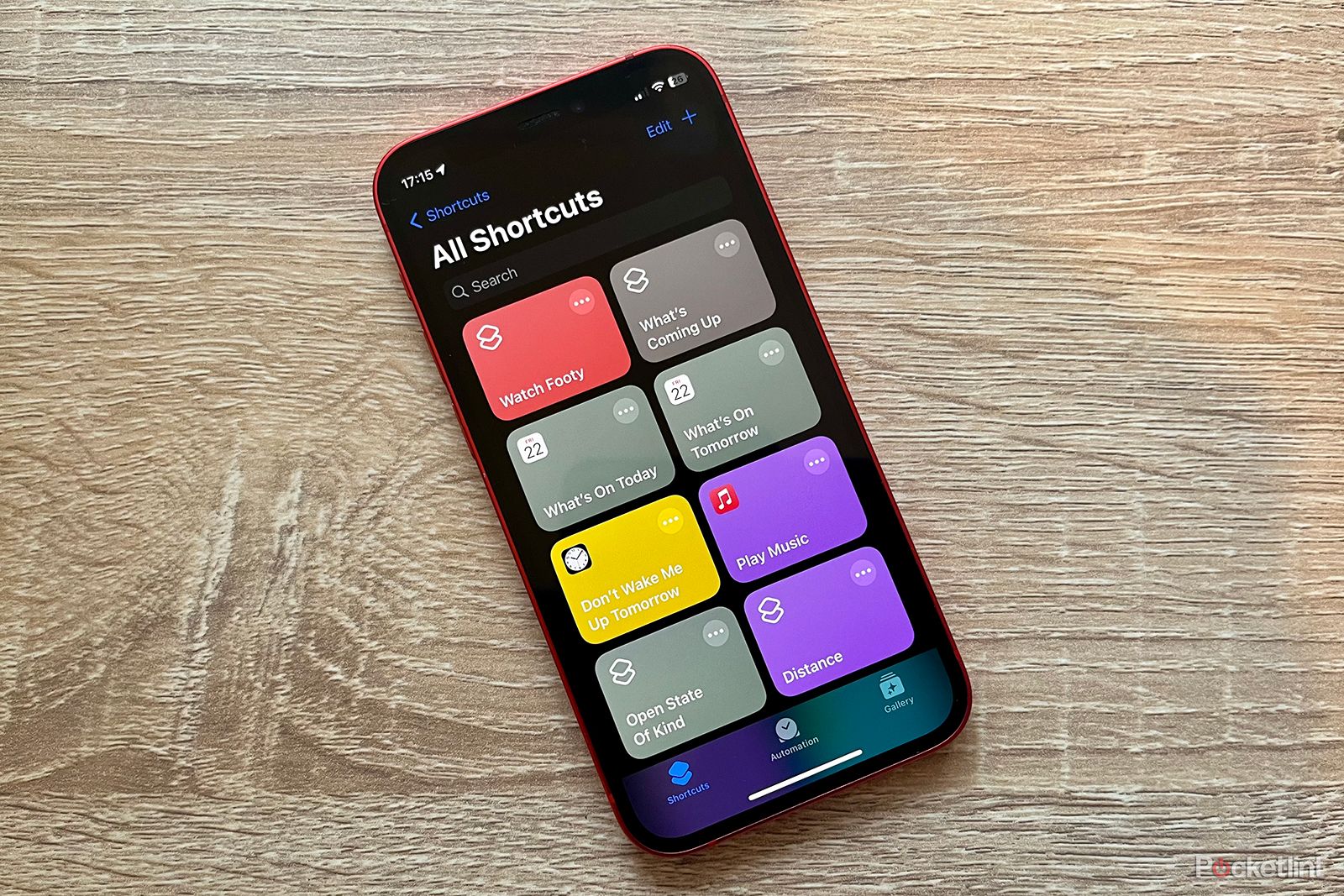
15 tips for the Shortcuts app you really need to know
A few useful shortcuts for using Shortcuts.
4 The Apple ecosystem
A comfortable walled garden
Dmitry Chernyshov on Unsplash
It’s almost a given that this would be an indispensable feature of the iPhone. If you have multiple Apple products, they just do better together. Being plugged into Apple’s walled garden with an iPhone, an iPad, a Mac, and more makes stepping away from the iPhone just plain unappealing.
The seamless interaction between any given Apple product is one of the best parts of owning multiple pieces of the ecosystem. In the mantra of Steve Jobs, “it just works.” To this day, that feeling stays alive when using any number of Apple products together that will all simply work together exactly the way you’d expect them to. For better or for worse, the center of the web of Apple products is the iPhone. The idea of taking it out of the ecosystem is less than desirable at best, and seemingly undoable at worst.Multitouch changed the game
5 Mutlitouch changed the game
It’s easy to take for granted
Multitouch is one of those things that once you’ve experienced it, you just can’t let it go. When I first got an iPhone, the idea of being able to use all of my fingers was foreign. Touching a screen with multiple fingers had usually resulted in misclicks from past experience, but with the iPhone that is far from the case.
Whether you want to drag and drop a picture from social media into your text chain, or you just want to tap into a folder while moving an app across your home screen, Multitouch allows for it. The uses of multitouch are far-reaching, and it’s something you almost stop thinking about after enough use. But the moment I touch an Android device, be it a phone or a tablet, and those little touches on getting a simple task done with multiple fingers are gone, I immediately miss multitouch.
Trending Products

